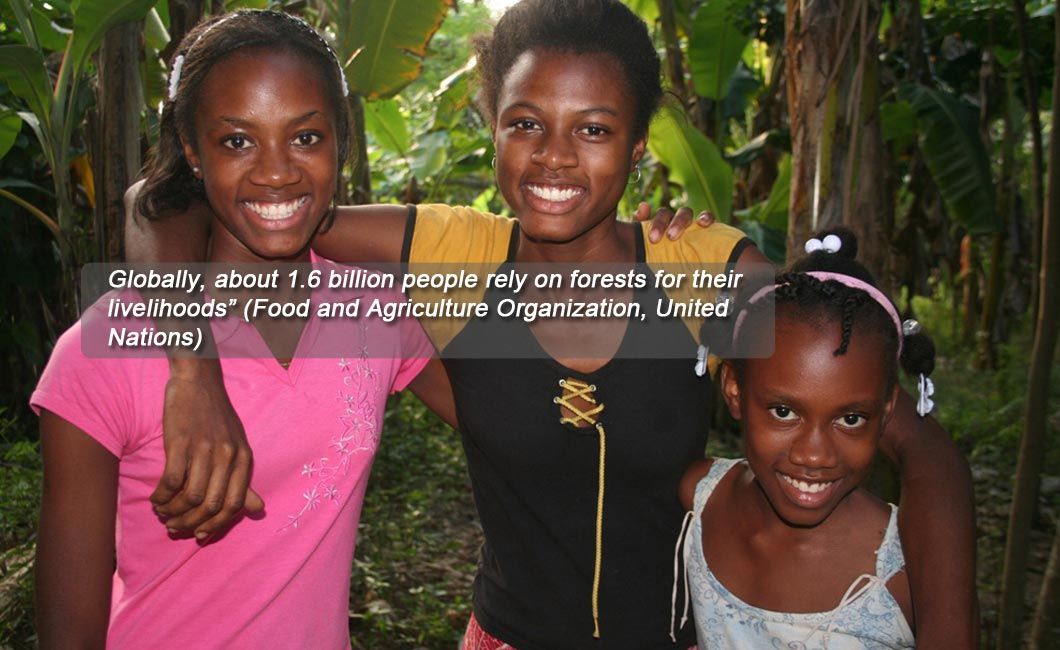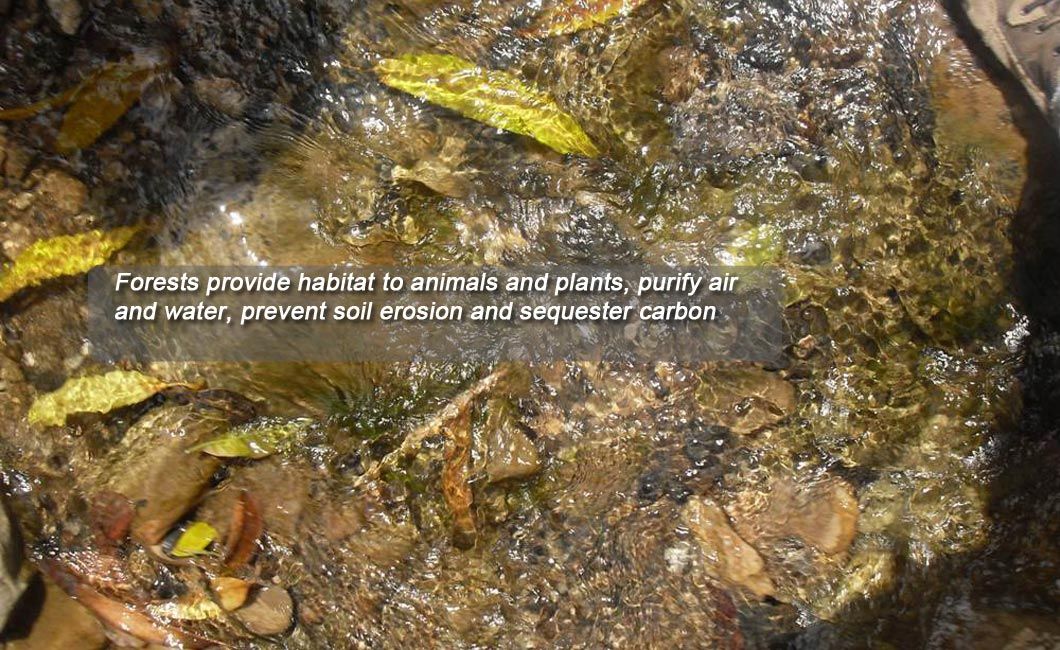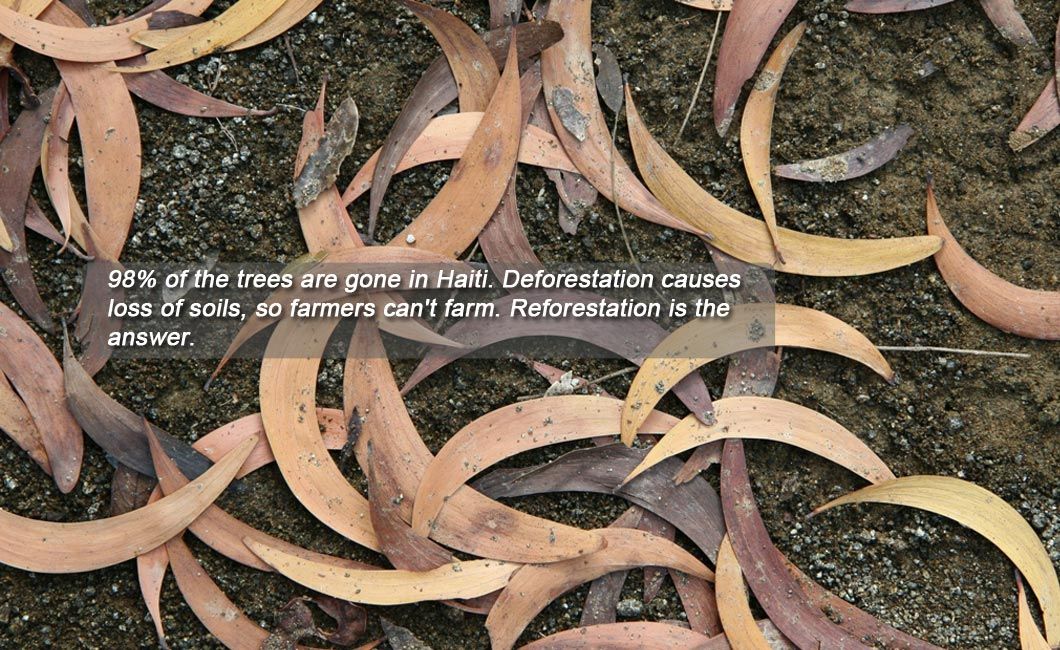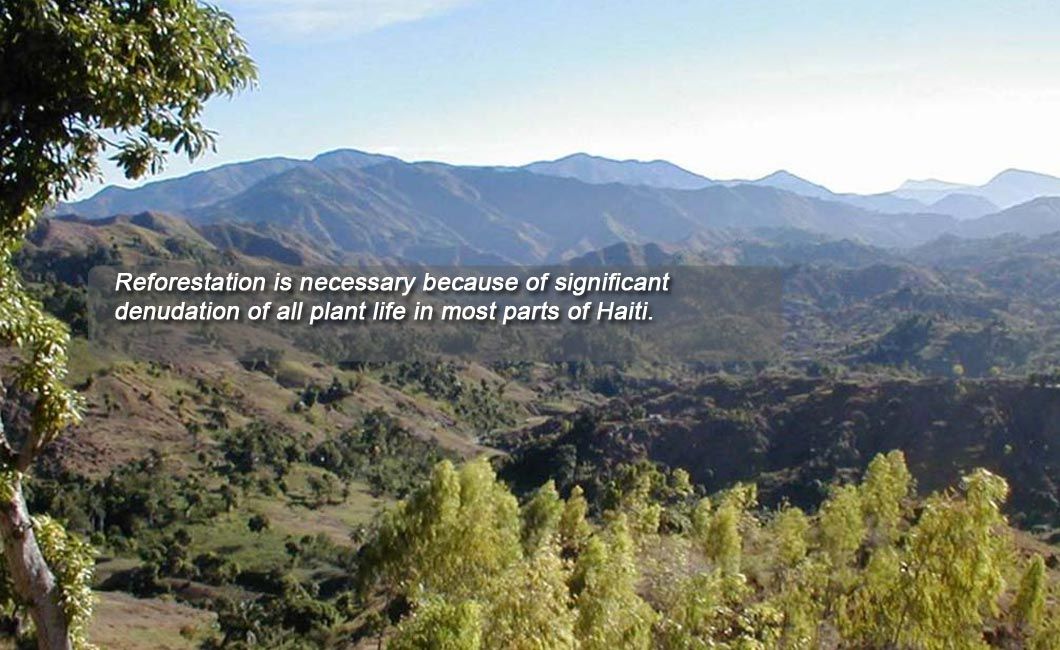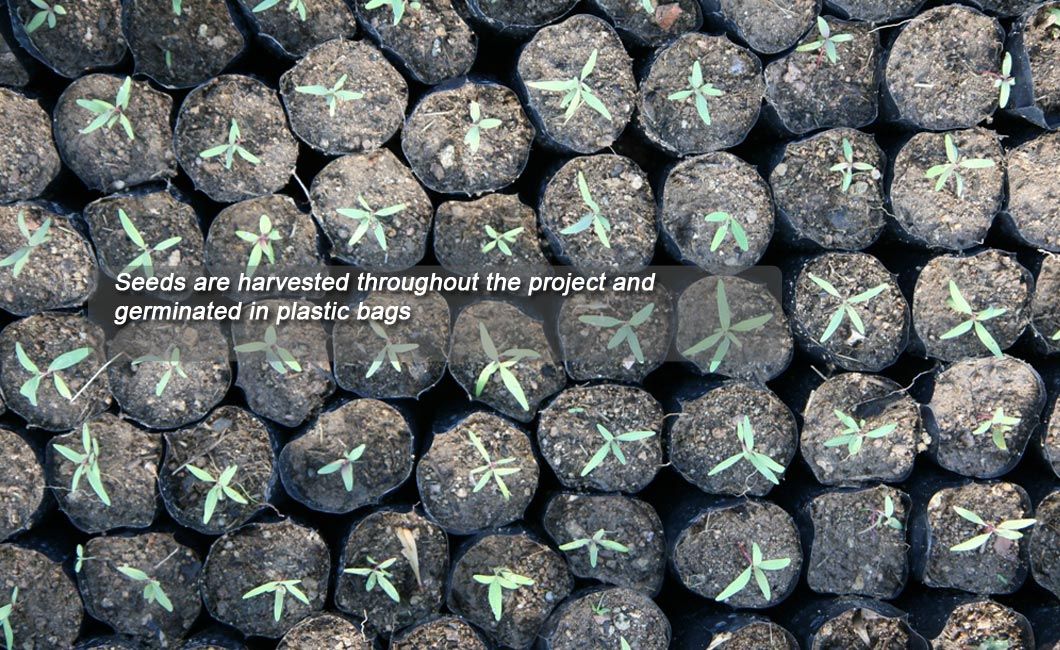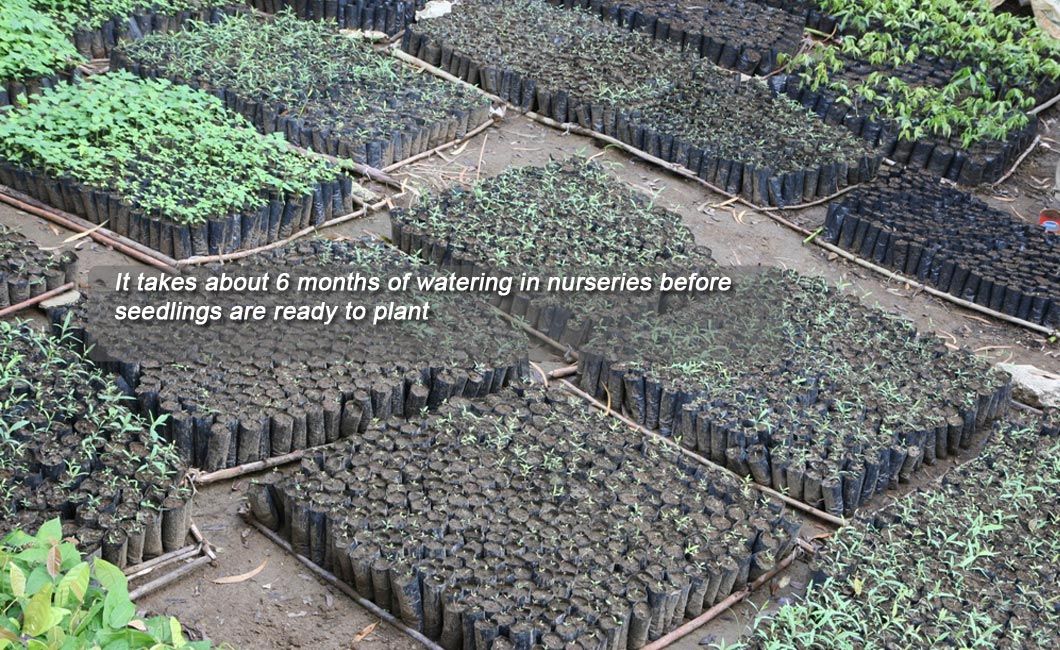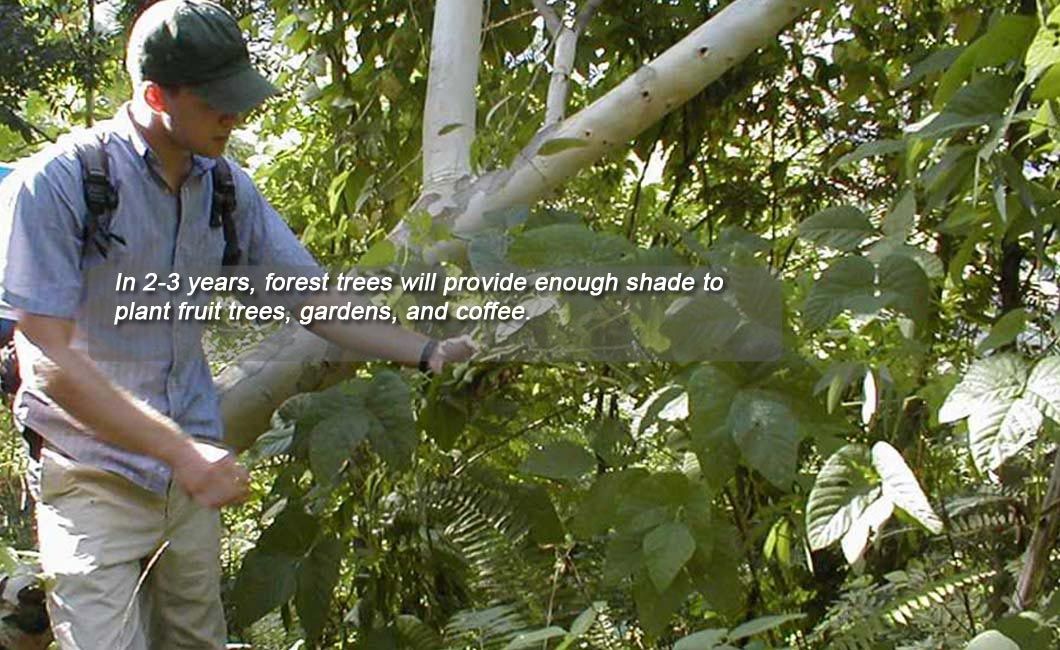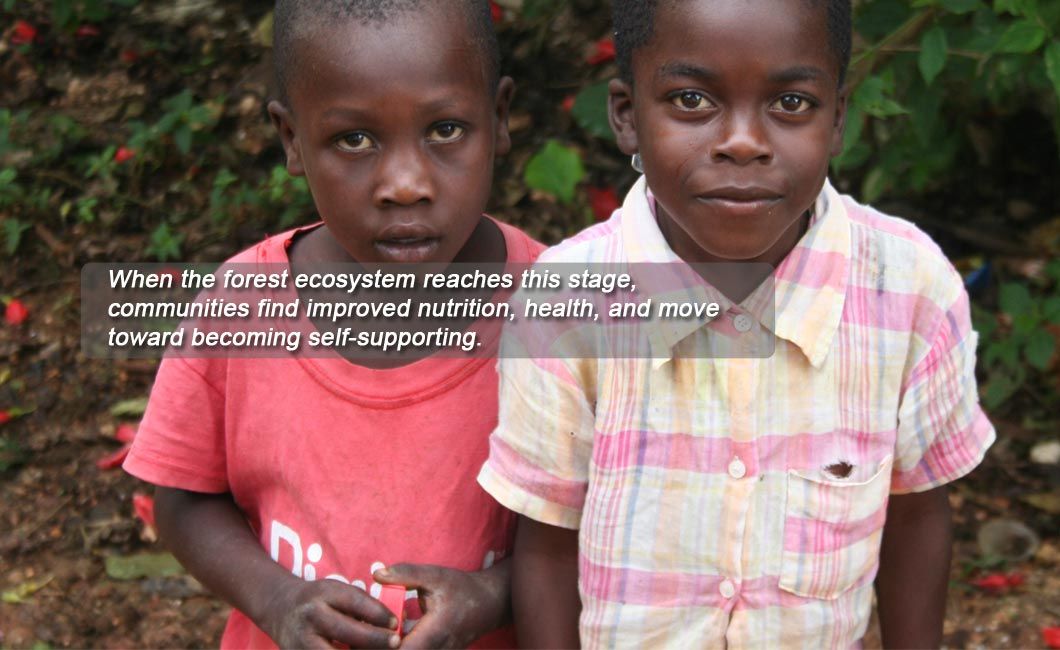Community Development
CODEP member communities: To become a CODEP member, a community must first petition CODEP management for participation. Once accepted it essentially is a joint venture with the CODEP cooperative at large, with obligations and benefits flowing in both directions. In return for working for a small stipend for the community, including one day per week as volunteers, member communities receive tools, housing, cisterns, and assistance in a variety of areas. Some of these benefits are incentives, meant to provide a method to be sure trees are not harvested prematurely.
Incentives: In order to prevent tree-cutting several incentives have been developed based on earning points for reforestation and security. Installing water catchment systems and cisterns help out women, who largely are tasked with getting water for their families. Earning a two-room home takes about five years. The home is constructed using treated, anti-termite lumber. There are other, non-specific incentives provided also. These include providing fingerling fish from our hatchery so that they grow to a size sufficient for eating – a valuable source of protein for families in the community.
Support for women: Haiti is very much a patriarchic society, but within CODEP, female leadership is a constant. A key factor that differentiates CODEP from other development projects in Haiti is the fact that one third of the 1400 people who work in CODEP are women including nearly one third of the managers and leaders. This is a testament to the excellent work habits and sense of purpose of the women in the society. It has been a slow, twenty yearlong process, but CODEP is seen as an organization that is good to work for and where women’s views and opinions are considered fairly and openly.
Support for schools: For several years, CODEP has supported five schools in the CODEP zone with modest stipends designed to enhance the understanding of young people in the importance of good environmental stewardship. Each supported school has a tree/garden nursery and teaches the students good environmental and forest-management techniques.
There is a new Junior High school which is solely sponsored by CODEP. The leaders have an outstanding record of success with students on federal knowledge examinations. The school building, built for CODEP by our partner Building Goodness Foundation as a gift, has three modules, and one of these can be equipped with a computer lab.
CODEP’s Depot: Another gift from Building Goodness Foundation (BGF) is a depot building for use in manufacturing, storage, and as an office. This building is designed for several purposes so that, as CODEP needs change, it will be able to adapt readily. Situated near our Haitian partner organization APKF, we will be able to coordinate a variety of activities there which will enhance the CODEP image and provide an opportunity for CODEP communities to participate in the activities. Because of its long history in the area, CODEP is essentially a brand name.
The result of this has been for CODEP to plan for regular sale of member community products under the CODEP brand (or Mak, in Kreyòl). As such, any excess produce and other products CODEP communities have can be sold under the CODEP name.
The principle for selling any CODEP product is that the communities who produced the product will get their costs back, CODEP/Haiti Fund will receive a 30% portion of the profits, and then remaining profits will be distributed among CODEP member communities normal in cooperative businesses.
